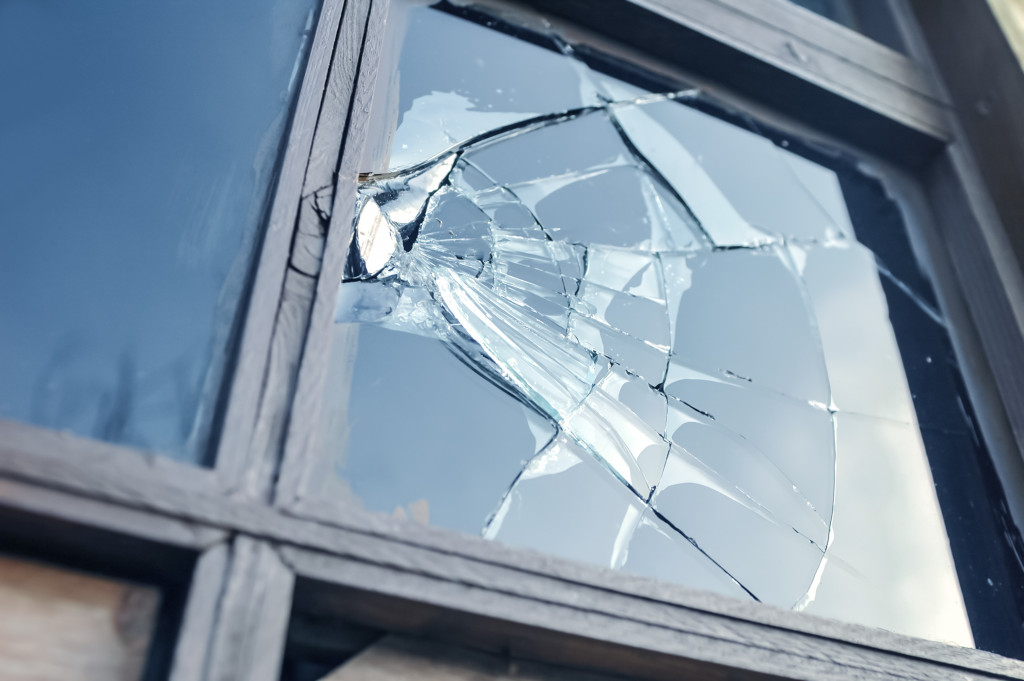- Understand common causes of property damage, such as fires, floods, burglary, and vandalism.
- Document the damage and related evidence, then make temporary repairs to prevent further damage while allowing access to customers/employees.
- File all relevant reports according to local laws and regulations and seek professional help for extensive repairs.
- Monitor your insurance claim closely to ensure you get the compensation you deserve.
When running a successful business, one of the most important aspects is ensuring that your property and assets are well-protected. Unfortunately, accidents or natural disasters can damage a business’s property, which can have costly implications. But with the right strategies in place, you don’t have to be left helpless when faced with property damage. Here’s what you need to know:
Common Causes of Property Damage
Before you can create effective strategies for handling property damage, it’s essential to understand the common causes of it. The most common causes of physical property damage include the following:
Fires
Fires are one of the most common causes of property damage. They can be caused by an electrical malfunction, a natural disaster like a lightning strike, or even arson. They can cause significant damage to buildings, furniture, and other assets.
Floods
Floods can be caused by heavy rain, broken water pipes, or even a ruptured dam. Floods cause severe damage to furniture, electronics, and other assets that may not be easily replaced. Floods can also lead to mold, which can be dangerous and expensive to remove.
Burglary
Burglary is another common cause of property damage in businesses. Thieves may break into the premises and steal valuable assets or cause damage to the property. This can range from broken windows to ransacked offices.
Vandalism

Vandalism is another form of property damage that can occur in businesses. Vandals may spray graffiti, smash windows, or even set fire to buildings and other items on the premises. This can be costly to repair and can also cause distress to employees.
Now that you know the common causes of property damage, read on to learn about the things you should do to handle them.
Document Everything
After any kind of property damage occurs, the first thing you should do is document everything. Take pictures of the damage as well as any related evidence (such as broken windows or damaged equipment). This will not only help you when filing an insurance claim but also provide proof should you ever need to take legal action against someone for causing the damage.
Make Temporary Repairs
Once you’ve documented everything and filed an insurance claim, it’s time to make temporary repairs. This could include boarding up broken windows or temporarily patching a roof until permanent repairs can be made. These temporary repairs will help protect your business from further damage while still allowing customers or employees access when necessary.
File all Necessary Reports
Depending on the type of damage done, there may be local laws or regulations requiring you to file certain reports about the incident. This could include things such as police reports or accident reports if someone was injured during the incident. These reports must be completed quickly and accurately to avoid any potential legal issues down the line.
Seek Professional Help

If the property damage is extensive enough, it may be worth hiring a professional contractor or repairman to ensure all repairs are done correctly and safely. They will have experience dealing with similar damages. They can often get the job done faster than trying to do it yourself.
Monitor Your Insurance Claim
Once your insurance claim has been filed, monitor it closely to know where things stand. You don’t want delays in getting reimbursed for your losses due to paperwork issues or other problems with your claim. Keep tabs on its progress regularly. You should also consider employing the help of an experienced insurance lawyer. They can advise you on the best way to deal with your insurance company and ensure that you get the compensation you deserve. They can also help you with the appeal process if your claim is denied.
It’s essential to stay prepared and know what steps to take in the event of property damage. By understanding common causes, documenting everything, making temporary repairs, filing necessary reports, and seeking professional help, businesses can protect their assets from further harm while effectively managing any financial losses they may incur as a result of the incident.
Keeping track of your insurance claim is also essential to ensure you get reimbursed properly and quickly. With these strategies in place, no business should be left helpless when faced with property damage.

